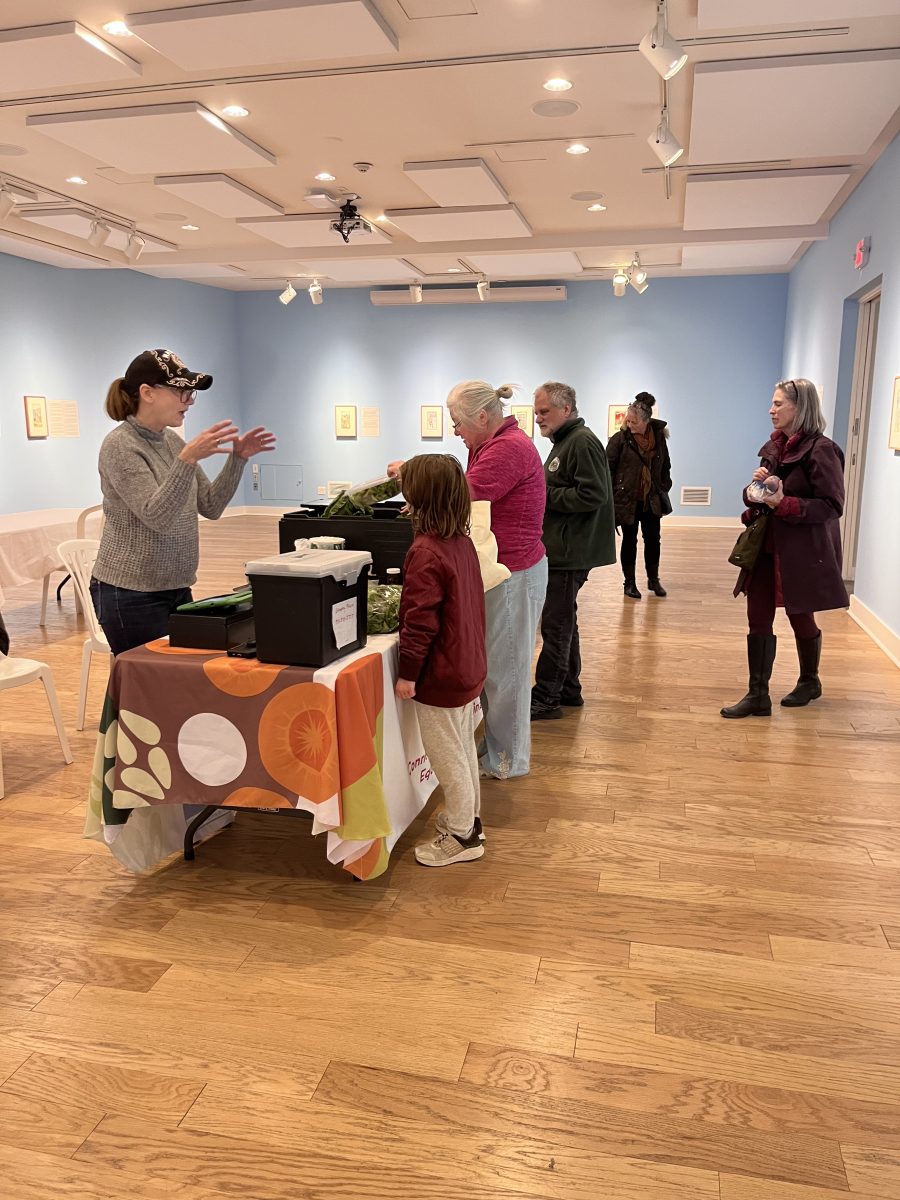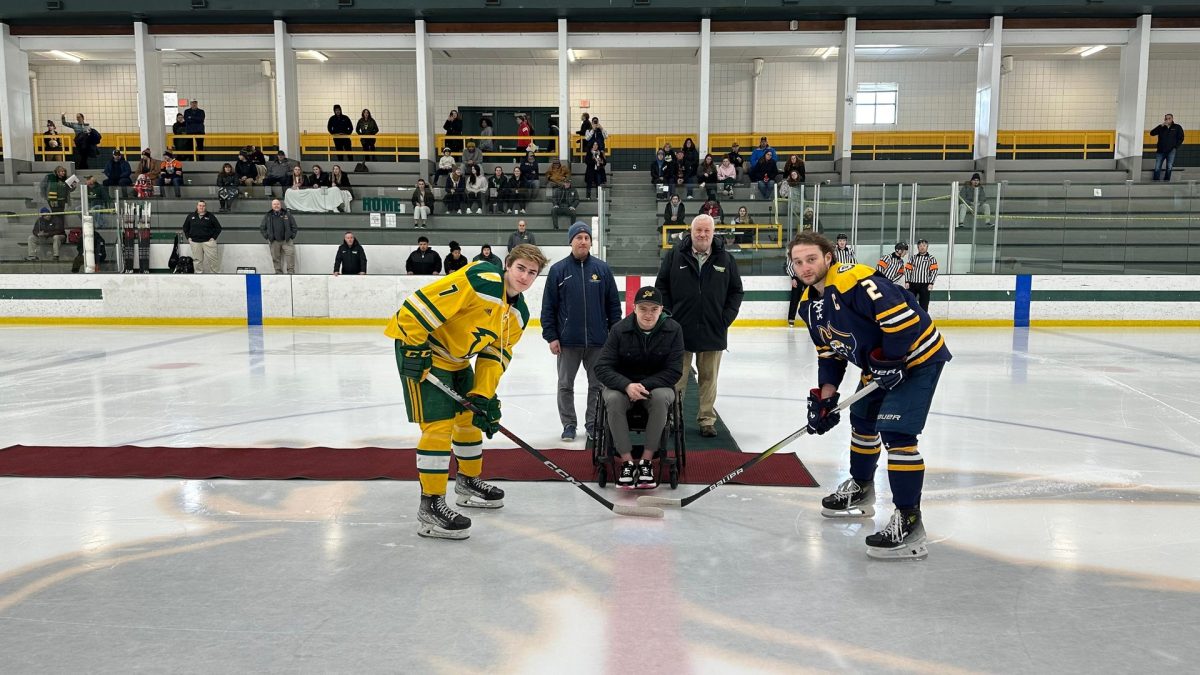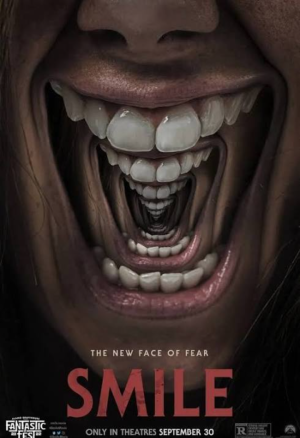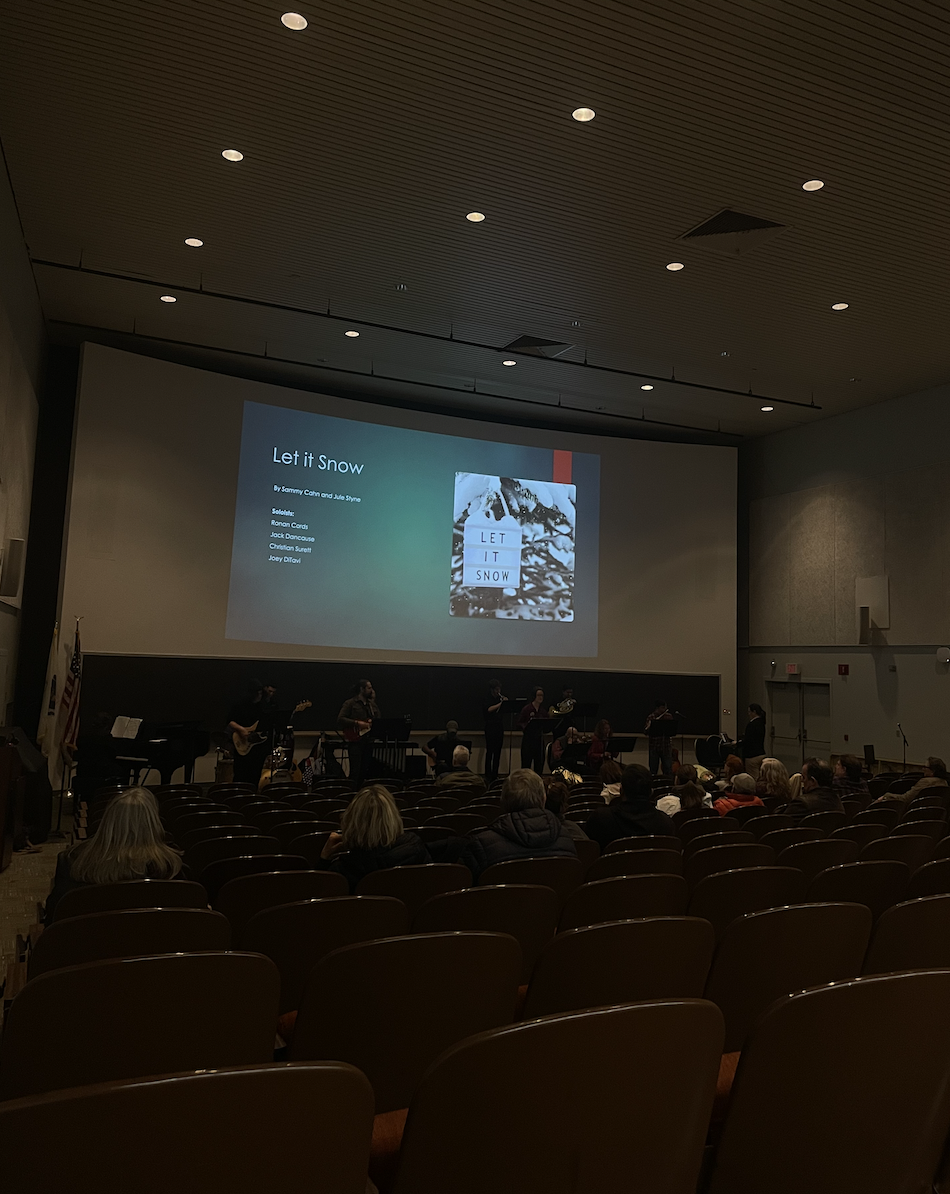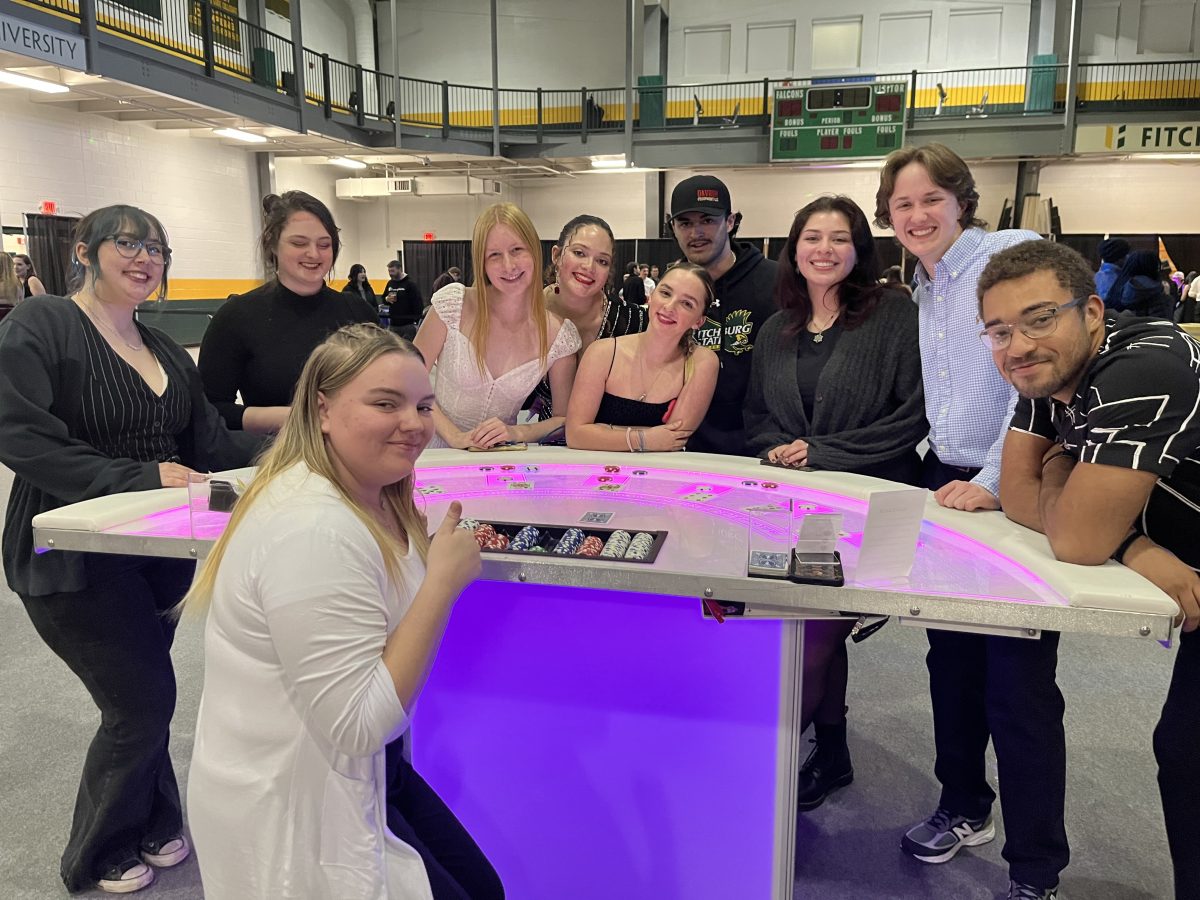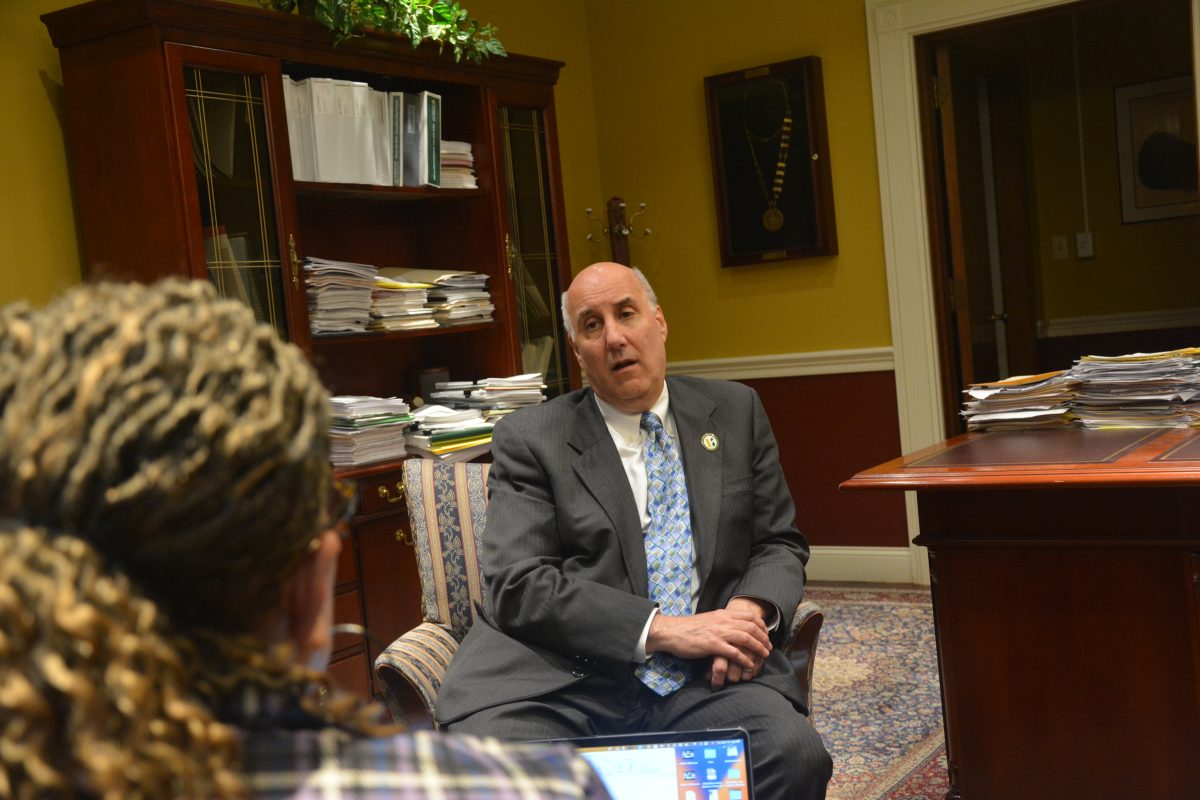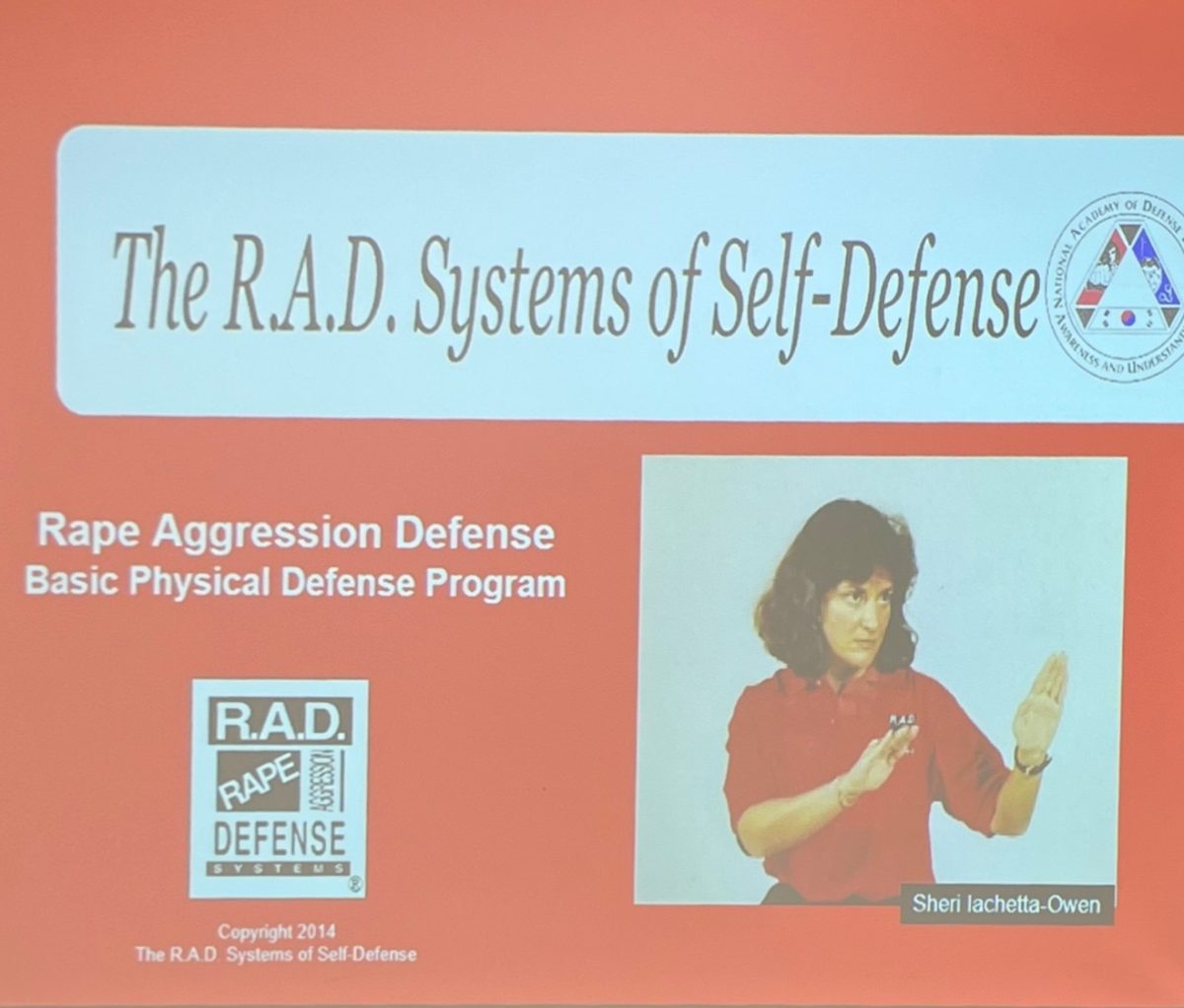
By Adam Reno
Even in our enlightened society, undue prejudice is still rampant. Some people might think that prejudices would lessen with the increased education and communication present today, but they actually continue to grow in both subtle and blatant ways. Prejudices are not just directed against people of color; they are also against people with general differences such as disabilities.
On Nov. 10, Eric Bud presented a panel on the prejudice that members of our Fitchburg State community have experienced. This panel discussion was presented in conjunction with the New Jim Crow series. The format was similar to the recent Diversity panel discussion held on campus, but in this case there was more time for audience participation. The people who presented their experiences with prejudice were Dominic Mondon-Poirier, Grace Ngethe, and Alexandra Valdez.
Mondon-Poirier has a physical disability; he is in a wheelchair. He had a chemo overdose that caused his inability to walk. The prejudice against people with disabilities is that others assume that those people are unable to function in society. Mondon-Poirier explained, “When I went to San Francisco last year, as I was getting off the plane, there was a ramp going up, and I was pushing myself up the ramp. If you have seen around campus, I really don’t need that much help. But this elderly couple starts pushing me, and I was like, “Hey what are you doing?” They said, “Don’t you need help?” and I said, “No, I am perfectly capable of getting up these things.”
He related a story of a friend of his who has a similar disability. When he was in a restaurant, the waitress who was taking orders asked someone else what he would have. His friend asserted himself and said “Excuse me; I can speak for myself.” Mondon-Poirier reinstates that it is better to make sure that the person with a disability needs help rather than just assuming so. People with disabilities are a lot more capable than others think.
Ngethe talked about race, and how she did not truly realize she was black until she moved to North America. She noted that in the United States, skin color seems to have an influence on how everything you say and do is viewed. She came here in her junior year of high school, and it was not a breeze. People kept asking questions like “Do you live in trees?” and “Do lions roam around your home?” Ngethe states, “I can’t blame them for not knowing, but I’ve always wondered how long I would have to excuse their willful ignorance. One time my younger sister came home from elementary school and said, “Africa was a country,” and I said “No it’s not. It’s a continent.” She said “No, that’s not what my teacher said.” And I asked “Then what is Kenya, because I’m from Kenya?” She said “It’s a state” and then I said “Well then you gotta ask your teacher who the president of Africa is because I don’t know who he is.” She gave me the dirtiest look, like why would you insult my teacher.
Ngethe also mentioned how she joined the basketball team even though she admitted to not being a good player. She eventually realized she was only put out there because of her race. Her coach once asked her if Africa is a big village or are there towns? “I was almost ready to bang her head against the wall!” She was also annoyed by how people were shocked that she can speak English without an accent.
Despite all that, it was still innocent, but there is something that continues to bother her. She mentions how just because someone is black it does not mean that the person is the spokesperson of Africa. She also notes how people talk differently around her because she is black, like “Yo what’s up?” and such. Her treatment caused her to be bitter about events, such as the Ferguson shooting.
Valdez started off with the definition of prejudice, “an unfavorable opinion or feeling formed beforehand or without knowledge, thought or reason; a preconceived opinion or feeling either favorable or unfavorable.”
Valdez was born in the Dominican Republic. She was not brought up speaking English; she learned the times tables and alphabet in Spanish. Moving to North America, she was put into a special summer camp to learn English, but came home crying because she could not understand it. She threatened never to come out of her house. It took a long time but she started to learn a little English, like “hi”. She went to summer school instead of regular high school due to language barriers. She eventually mastered enough English to attend community college, and became involved in politics; she was able to talk to many Latinos there.
In Boston, she was able to find employment with one of the city counselors. She was the only Hispanic applying for the job, and she felt somewhat awkward in how the interview process was conducted. There was second person who interviewed her for the position who thought that Valdez would have a problem with being around white people. She was mad at that and said, “If you want to hire me, you should look at my resume.”
She wanted to have the city well represented. She did not want to be hired based on color and use of language. Despite the awkwardness, they still wanted her for the job, and now she works at the office. Some people are still surprised that she is part of the counsel. She strives to be her best so people will not have prejudice against her.
One of the questions asked after the presentation was, “Has prejudice changed at all for you guys?” Ngethe thought it got worse for her and that adults are worse than the kids. Valdez feels that we should not be ignorant and that prejudice is getting worse with ignorance. Mondon-Poirier mentions that laws have been passed to prevent the effects of prejudice but it is still happening.
The whole panel demonstrated that we should not judge a person too quickly; just because they seem like one person on the outside does not mean that they are that person. People should try to actually understand other people beyond cataloging a few superficial features. Prejudice will slowly begin to disintegrate when people are more educated. Any physical characteristic such as color of skin, nationality of origin, disability or bodily defects does not necessarily imply that there are correlating negative aspects to an individual’s character or ability.
The diversity of prejudice
November 26, 2014


